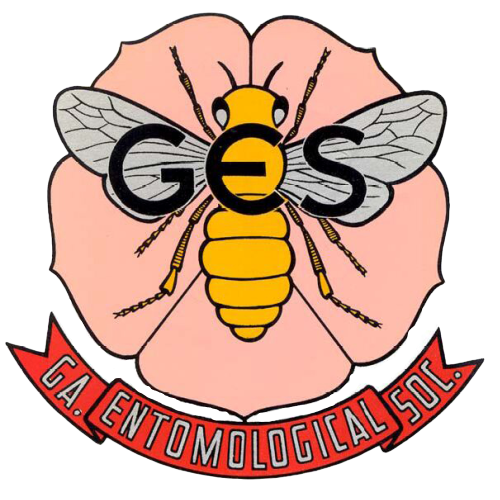Potential Predation by the Edaphic Genus Psilogamasus (Mesostigmata: Parasitidae), a Natural Inhabitant Predator Mite in the Rhizosphere in Avocado Crops1
Abstract
Of the mesofauna of the avocado (Persea americana) crop rhizosphere, most predatory mites belong to the order Mesostigmata, although only a few families have been considered for use in biological control programs targeting soil pests. Despite their potential value for agroecological management, this group has been poorly studied. Mites of the Astigmatina cohort (Acari: Sarcoptiformes) are widely used as prey in the mass rearing of various predatory mites that inhabit soil or plants, but their predation capacity has not been thoroughly evaluated. This research aimed to investigate the feeding habits and evaluate the biological control potential of a species from the Parasitidae family, native to an avocado-growing region in Michoacán, Mexico. This article reports on the genus Psilogamasus (Parasitidae), a natural soil inhabitant in avocado crops, and investigates its potential as a predator across all developmental stages. Larvae, protonymphs, deutonymphs, males, and females of Psilogamasus were exposed to prey mites from the Astigmatina cohort through in vitro bioassays. The results showed that immature stages were highly voracious; however, larval and nymphal mortality suggested a need for supplementary food to complete development. Furthermore, females were observed to be the most active in searching for prey, consuming at least 50 more nymphs than males.
Contributor Notes
Unidad Académica Multidisciplinaria Mante, Universidad Autónoma de Tamaulipas, E. Cárdenas González No. 1201 Pte, Jardín, 89840 Cd. Mante, Tamaulipas, México.
Tecnológico Nacional de México, Instituto Tecnológico de Morelia, 5812, Avenida Tecnológico 1500, Morelia, Michoacán, México.
Laboratorio de Fitopatología, Facultad de Agrobiología, Universidad Michoacana de San Nicolás de Hidalgo, Paseo Lázaro Cárdenas 2290, Emiliano Zapata, Melchor Ocampo, 60170 Uruapan, Michoacán, México.
Centro Multidisciplinario de Estudios en Biotecnología, Facultad de Biología, UMSNH, Km. 9.5 Carretera Morelia-Zinapécuaro, Posta Veterinaria, 58880, Tarímbaro, Michoacán, México.
